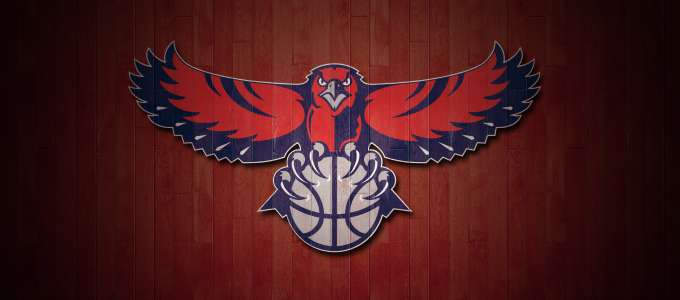
New Chief Diversity and Inclusion Executive Nzinga Shaw helps the Atlanta Hawks bounce back from controversy.
by Kate Everson
September 4, 2015
In June, the National Basketball Association hired its first chief diversity and inclusion officer, Oris Stuart — a smart move after its 2014 D&I losing streak.
Shortly after Los Angeles Clippers owner Donald Sterling’s racist remarks in April 2014, general manager Danny Ferry and controlling owner Bruce Levenson of the Atlanta Hawks found themselves in a similar situation regarding remarks they made about the team’s players and fans. The team’s CEO, Steve Koonin, pledged in an open letter of apology to make amends by connecting with the community, appointing a new owner and hiring a diversity executive.
Nzinga Shaw started as the organization’s first chief diversity and inclusion officer in December 2014, making the Atlanta Hawks the only U.S. sports team with its own diversity executive. Just nine months later, the Technology Association of Georgia named her organization as a finalist for the TAG Business Champion of Diversity Excellence Award.
Shaw talked with Diversity Executive about her work with the Hawks and diversity in sports. Edited excerpts follow.
As a first-time diversity executive, what did you do first?
In my first 90 days, I knew I had to establish a diversity and inclusion council. I have a sense for where the organization needs to be, but if I didn’t have feedback from those who had been with the organization for a long time and stakeholders from across the city, it wouldn’t have been the right approach.
The council is 20 people. Ten are internal members of the Atlanta Hawks and Phillips Arena, and work across business units. They bring many layers of diversity to the table, whether ethnic, gender, sexual orientation; where they were raised; the skillsets they bring to the table or professional backgrounds.
The other 10 members don’t work for the Atlanta Hawks but are critical to our business — city officials, clergy, ex-professional athletes, small business owners, season ticket holders, and even someone from a lower socio-economic background who doesn’t have the funds to attend games but wants to develop a strategy to reach out to people in similar situations. We’ve put together a great cross-section of individuals who are committed to the brand, to working alongside one another developing the right strategies and to getting these great things implemented and off the ground.
How do you fit into this pre-existing interest?
Our employees definitely understand diversity, but in terms of it being managed by a person, that’s critical. People do their day jobs all day long, and while you might have good intentions, you can easily spend your time focusing solely on your work.
The role of a diversity and inclusion officer is to make sure trains are always running — someone who is constantly working alongside many people to show individuals through action how diversity works, how it can positively influence their day-to-day jobs and enhance their long-term goals.
In what diversity areas do sports need the most improvement?
The first area is gender diversity — being able to see women rise to leadership roles, senior level or C-suite or VP — influential roles that impact the bottom line. While women are steadily and slowly rising up the ladder, we have a long way to go.
The second challenge is for multi-ethnic practitioners. In the U.S., Hispanic, African-American and Asian executives are few and far between, almost non-existent, and it’s a huge shift from what we see on the field with players who are largely minorities. We have to start thinking about where to find multiethnic business leaders we can infuse into our leadership teams and help them impact what sports look like in future.
The last area is really connecting in an authentic way with the LGBT community. There have been ex-professional athletes who have come out as part of LGBT, but for some reason, the dialogue is not consistent with current professional players. We want everyone to be able to express who they are wholly and fully. This is certainly going to be a major challenge for sports organizations, to genuinely connect with LGBT and let them know they are welcome to come to games and bring their families.
How do you make sure that connection is, as you say, “authentic”?
We keep it authentic is by building initiatives that live forever. This is bigger than brand-saving and building. We’ll be able to see whether our efforts are actually making sense when we look at our retention statistics and see women rising to positions of leadership; when we see more multi-ethnic people getting leadership positions. We’ll know these efforts are making a difference in changing the culture and changing the perception of what happens in a sports organization.
How do you hope your work at the Atlanta Hawks helps the sports industry improve in those areas?
I want the Atlanta Hawks to be known as the most inclusive team in the NBA. I want our employee population to embody every demographic you can think of. Diversity is the secret sauce for success in a business because it cultivates a happy culture of people who are collaborative. It sharpens your mindset because you’re always with people who think differently.
When you come to an Atlanta Hawks game, I want people to look at our audience and see everybody. I want you to wear a yarmulke if you’re Jewish; wear your Muslim garb if you’re in that faith. I want you to bring your partner, whether same or different sex. Old people, young people, white people, black people — I want everybody in this country to be able to come to our games consistently, to experience an amazing show whether we win or lose.



